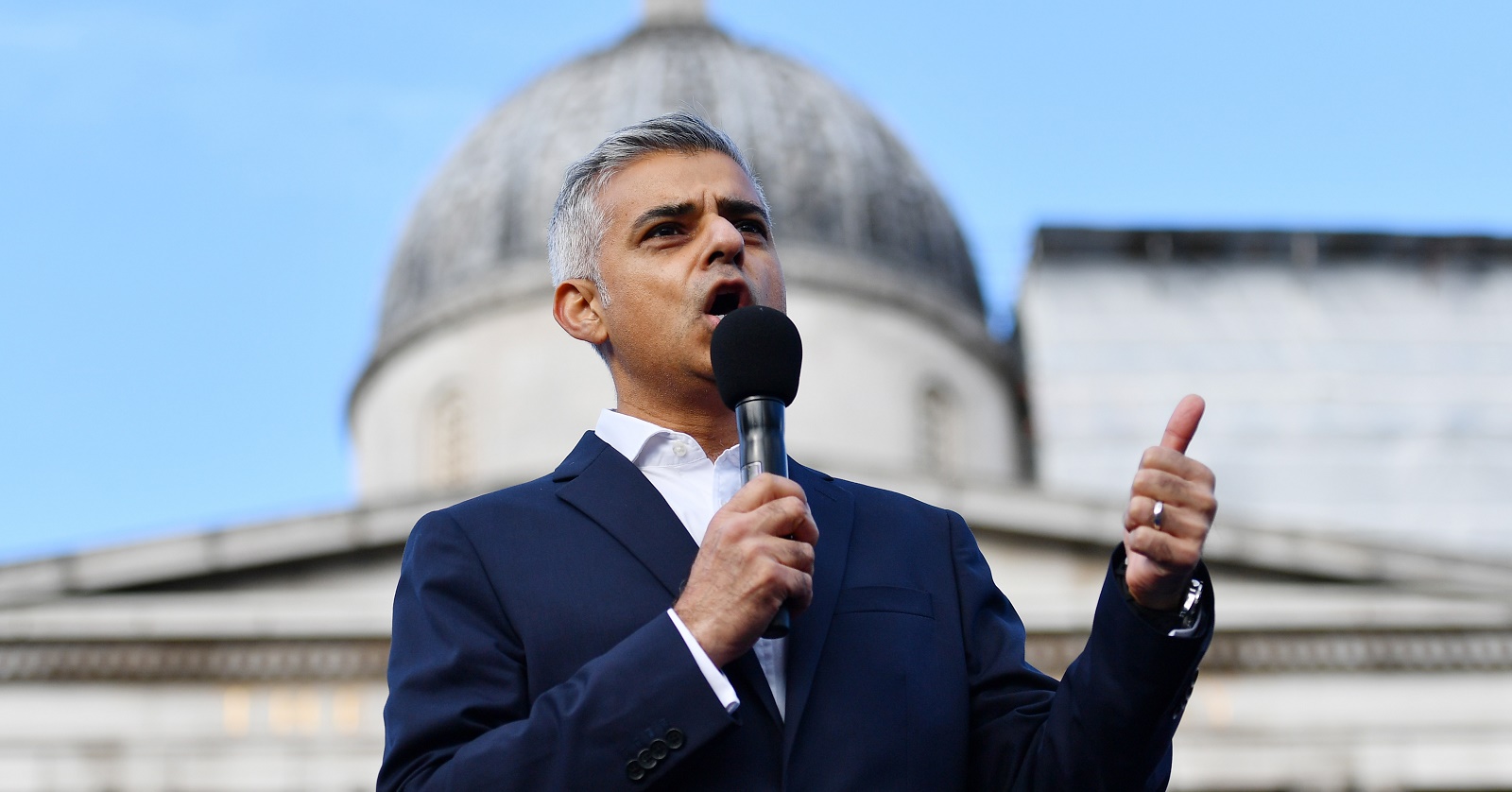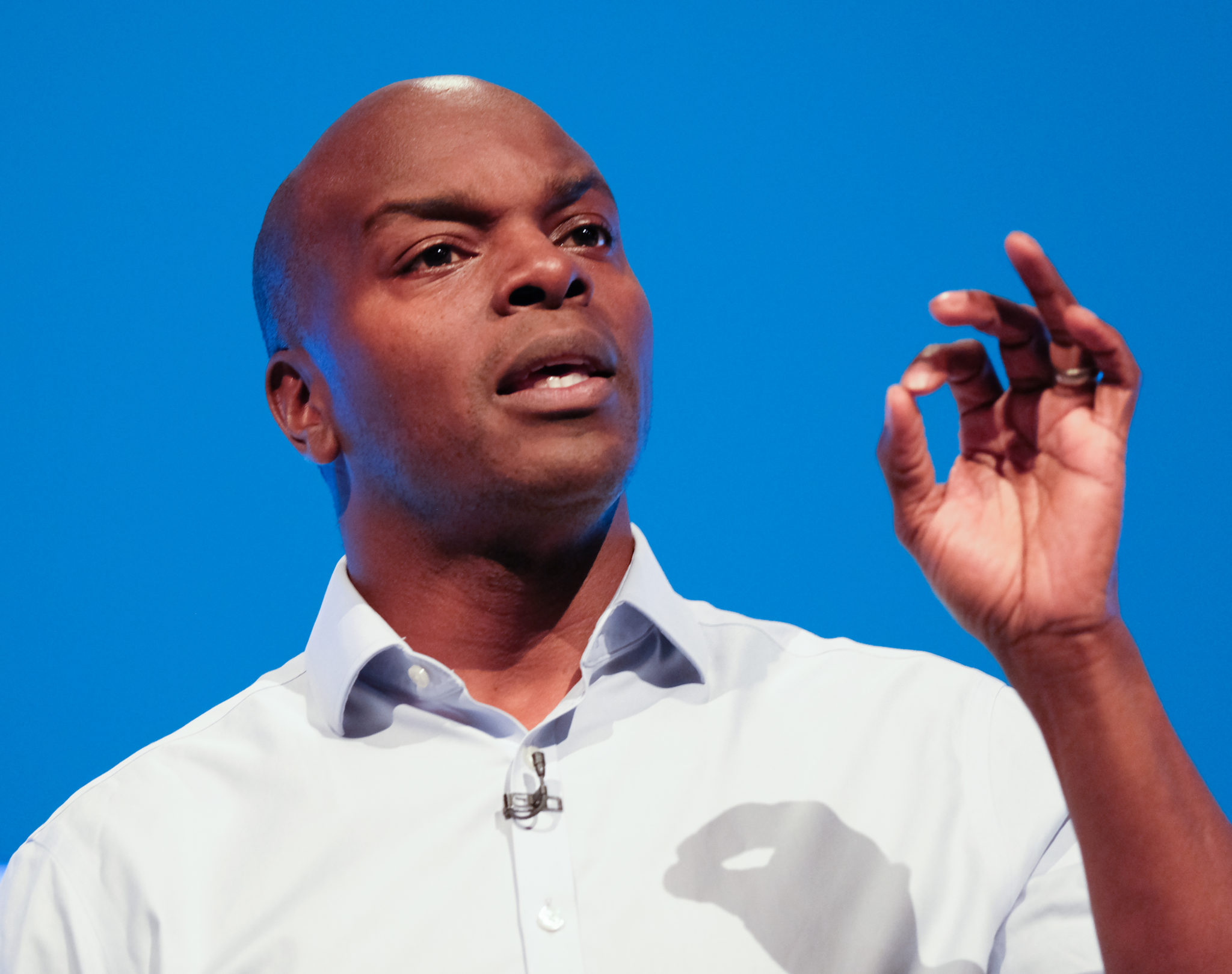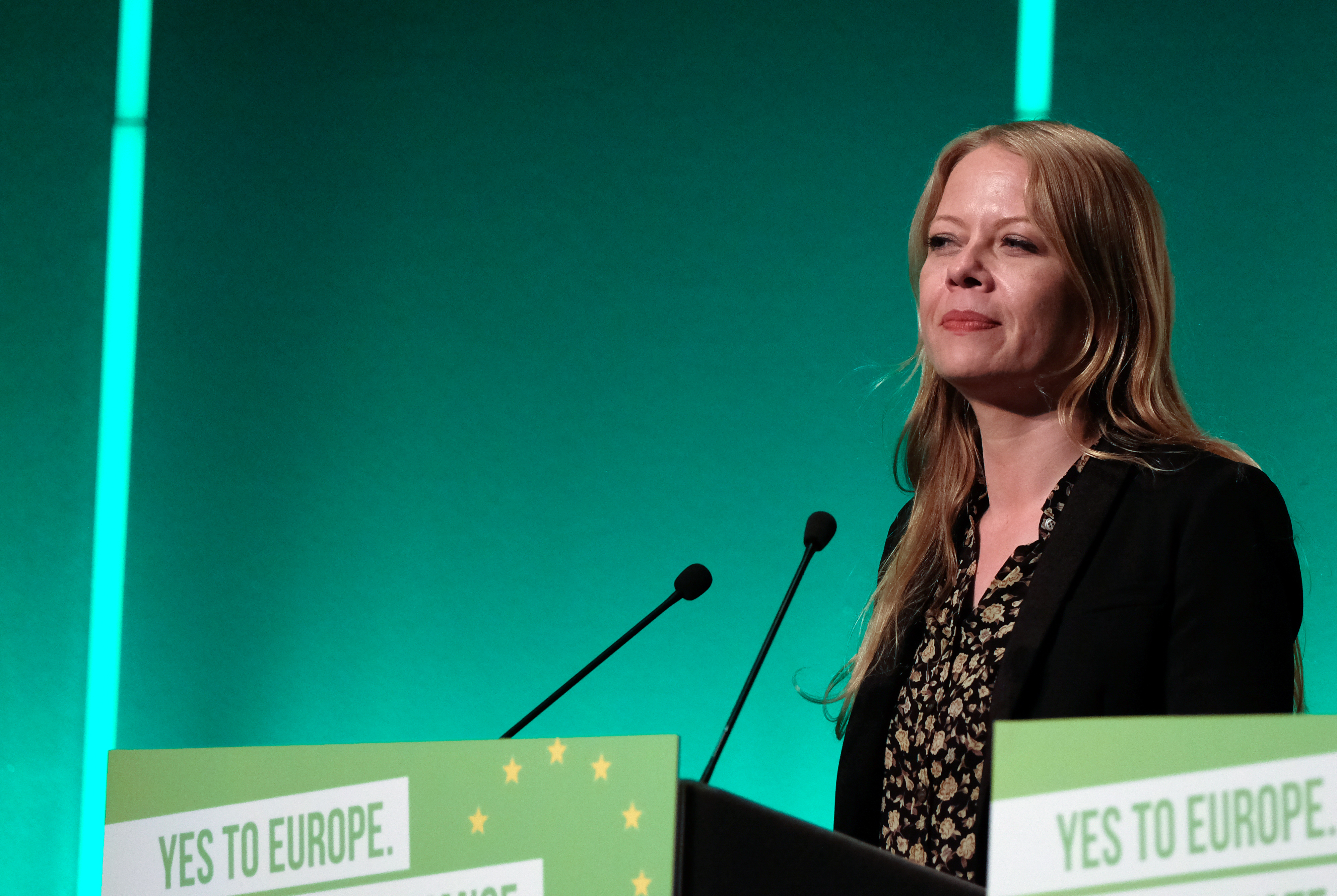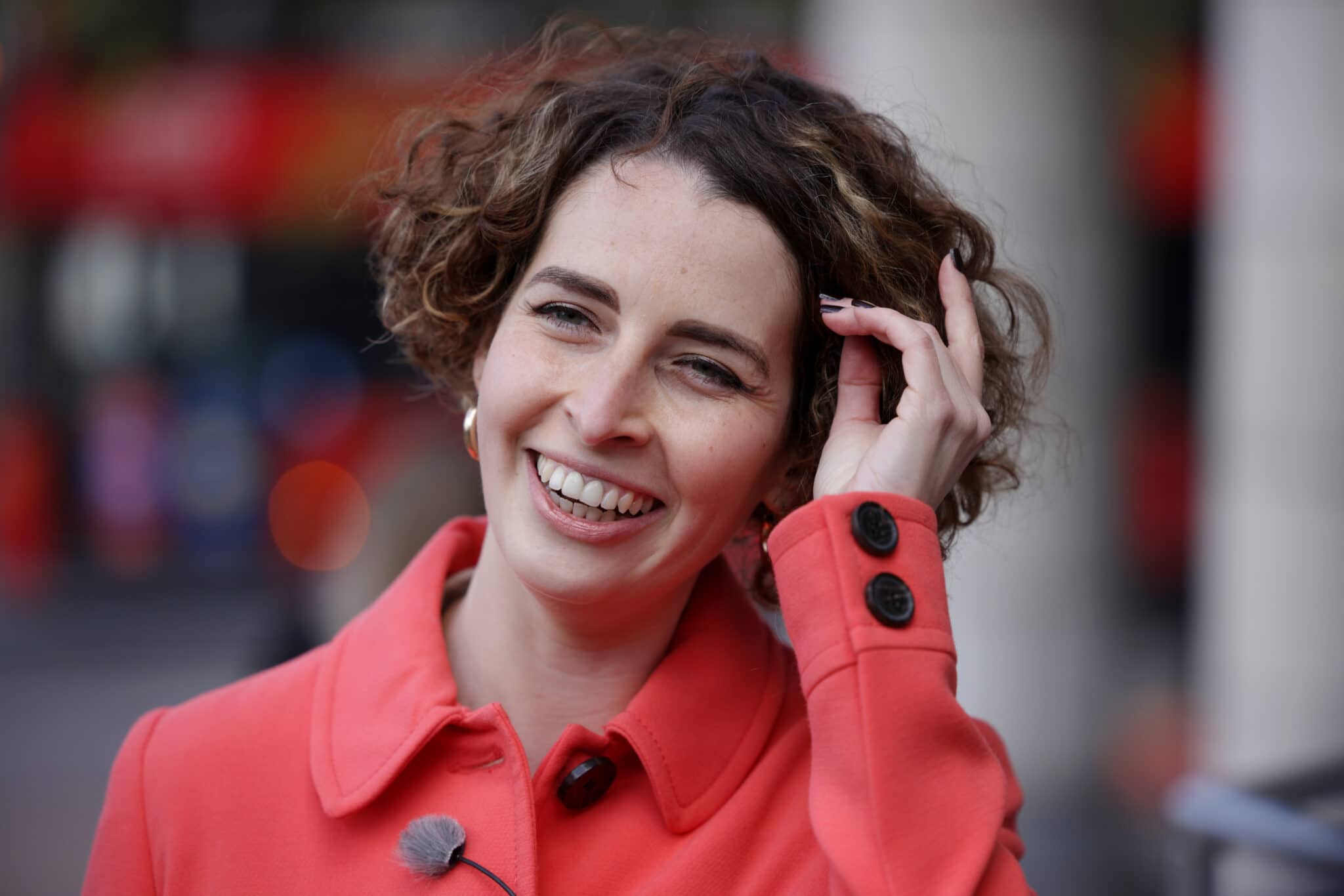London mayoral candidates Sadiq Khan, Shaun Bailey, Sian Berry and Luisa Porritt on LGBT+ rights
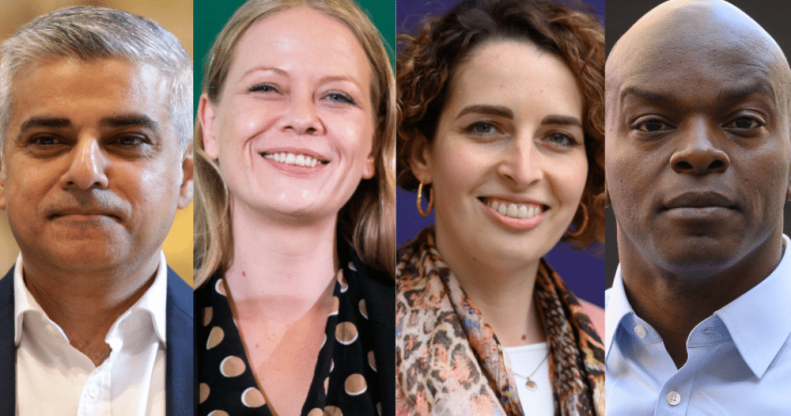
London mayoral candidates Sadiq Khan, Sian Berry, Luisa Porritt and Shaun Bailey (Getty)
Here’s where the London mayoral election candidates stand on LGBT+ rights ahead of Thursday’s (May 6) vote.
The London mayoral election is set to take place Thursday after being delayed by COVID-19, and Londoners are ready to head to the polls.
Each candidate has set out their policies on policing, economy, housing, transport and more – but what are they promising for the LGBT+ community?
Here’s a look at what the top four polling candidates have to say.
Sadiq Khan, Labour
The incumbent London mayor and former Tooting MP is the frontrunner to win the race after five years leading the capital through Brexit, terror attacks, a global pandemic and more.
He says he’s gone further than any other London mayor in tackling hate crime, and in his second term he promises to get even tougher.
“During the pandemic, racist – particularly sinophobic – and anti-LGBTQ+ hate crime rates have risen. It will remain a priority to continue to support victims, tackle these appalling crimes and encourage the police to report incidents to the Crown Prosecution Service,” Sadiq Khan said in his manifesto.
He acknowledges that “trust and confidence” are crucial for victims of crime, which is why he appointed London’s first independent victims’ commissioner to campaign on behalf of victims.
“This crucial work will continue if I am re-elected, as there is more to do to improve the experience of victims,” he said. “In particular, I’ll consider the creation of a Victim Care Hub in order to transform the way victims receive support throughout their journey through the criminal justice system and fight for further devolution to London of victims’ services.”
The reopening of London’s nightlife will be critical in the months ahead. LGBT+ bars have been hit especially hard in the pandemic, and Sadiq Khan highlighted the £2.3m Covid Emergency Fund he established to help many of these at-risk cultural venues.
“To date this has supported 82 artist workspaces, 20 grassroots music venues, 11 LGBTQ+ venues and 15 independent cinemas,” he said.
“My work dedicated to protecting London’s treasured LGBTQ+ places and spaces will continue, building on the success of my Culture at Risk office and the dedicated support I currently provide.”
Sadiq Khan has been a strong supporter of Pride in London, and he restated his commitment to the event. “I stand firm in my solidarity with London’s LGBTQ+ community,” he said.
He says he’ll use his influence to strengthen Pride’s links with those groups and communities that gave birth to the movement, and also support plans for a new LGBTQ+ community centre for London.
“Trans rights are human rights and I’ll proudly stand up against any abuse directed against trans people and the wider LGBTQ+ community,” he declared.
Shaun Bailey, Conservative
Shaun Bailey, Khan’s closest competitor in the polls, spent 20 years as a youth worker helping young people get out of crime and into work.
For the most part his manifesto sets himself in complete opposition to Khan but there is some overlap when it comes to being tough on hate crime.
Bailey has called on the government to create a new aggravated hate crime offence for homophobic crimes, equivalent to racist and religious hate crimes. A spokesperson clarified to PinkNews that his policy also applies to transphobic hate crimes.
“Too many Londoners feel unsafe on our streets. As someone who has experienced racial hate both on the streets and online, I stand in total solidarity with the LGBTQ+ community, many of whom suffer horrible and unacceptable abuse,” he said in his manifesto.
“My tough on crime plan will ensure that criminals on and offline are put under pressure, not victims. I will fight for London’s values of openness and acceptance,” he vowed.”Not a single Londoner should feel unsafe for being themselves – that message must reach out to London and it must come from the very top at City Hall.”
He’s also set himself the lofty goal of ending all HIV transmission in London by 2028. The capital accounts for roughly 36 per cent of new HIV diagnoses and 38 per cent of people seen for HIV care in the UK.
“In recent years, there has been enormous progress in diagnosing, treating, and preventing transmission of HIV in the UK,” Bailey said. “I will work with the Government and the NHS to ensure that public resources are targeted towards at-risk groups and beyond, as the number of new transmissions falls.”
To reach this target, Shaun Bailey says he’ll campaign to make sure every Londoner has access to a HIV test, treatment, and PrEP.
“I want London to be a world leader in tackling HIV and to ensure that within the decade, by 2028, there are no new transmissions of HIV in London, which I will help to do by increasing the funding for MedCity and similar science initiatives by five-fold,” he promised.
Sian Berry, Green Party
Sian Berry’s manifesto contains a raft of pro-LGBT+ pledges, including a promise to make London “the most trans-inclusive city in the world”.
“Too many trans people face barriers in accessing healthcare, employment and housing. Discrimination and violence are a day to day reality,” she said. “A Green mayor will launch a commission into the needs of trans Londoners, with a goal of developing a trans rights strategy for London.”
As mayor, she would work with GLA group organisations and local authorities to ensure they are sensitive to the needs of trans and non-binary people, have training on trans awareness and inclusion and act on discrimination.
Berry has also promised a dedicated LGBT+ community space to serve as a “much-needed hub” for young people and older generations marginalised by commercial venues. It would provide information and support to help more queer Londoners be confident in their sexuality or gender identity, she says.
She’d go further to address queer homelessness by producing a LGBT+ housing strategy for London. This would work with local councils to build a pan-London support pathway of accommodation and support services for LGBT+ people.
Berry wold combat discrimination within the GLA by funding LGBT+ awareness training for all its staff who commission services, including delivery staff who provide these services.
The Green candidate also wants to tackle health inequalities within the LGBT+ community. “We will be champions for a better care service, standing up for increased funding, better conditions for care workers, and the development of more sensitive and specialised care facilities and services for older LGBTIQA+ Londoners, and different faith and cultural groups,” she said.
Hate crime on public transport would be “a priority”, with the Green Party making sure that strong communication and information is provided to all Londoners for how to prevent, react to and report hate crimes or abuse. Work to standardise and communicate CCTV retention times would also help with this, she says.
Finally, as London mayor Sian Berry promises to value diverse communities including minority and LGBT+ “business clusters”, and would work to strengthen policies protecting these sites.
Luisa Porritt, Liberal Democrats
Luisa Porritt positions herself as a mayor that would embrace change and take London forward, with a particular focus on jobs, homes, clean air and safer streets.
As mayor, she says she would continue to be a “proud ally to the LGBT+ community and celebrate London as one of the most LGBTQ+ friendly cities on the planet”.
According to her manifesto, that means delivering Pride events such as UK Black Pride and Pride in London; ensuring the police are responsive to LGBT+ needs, including action on reported hate crimes; and backing London’s LGBT+ nightlife, with support for community listing of key venues.
Porritt promises to “defend and extend trans rights by pushing the government to reform the Gender Recognition Act”, though it’s not clear how much influence she’d wield in this area as London mayor.
She’s also committed to improving inclusion and diversity in the arts, and would provide particular support for LGBT-focused businesses and voluntary organisations. Her plan includes creating dedicated spaces for the LGBT+ community “to make sure our thriving arts scene is accessible to all”.
